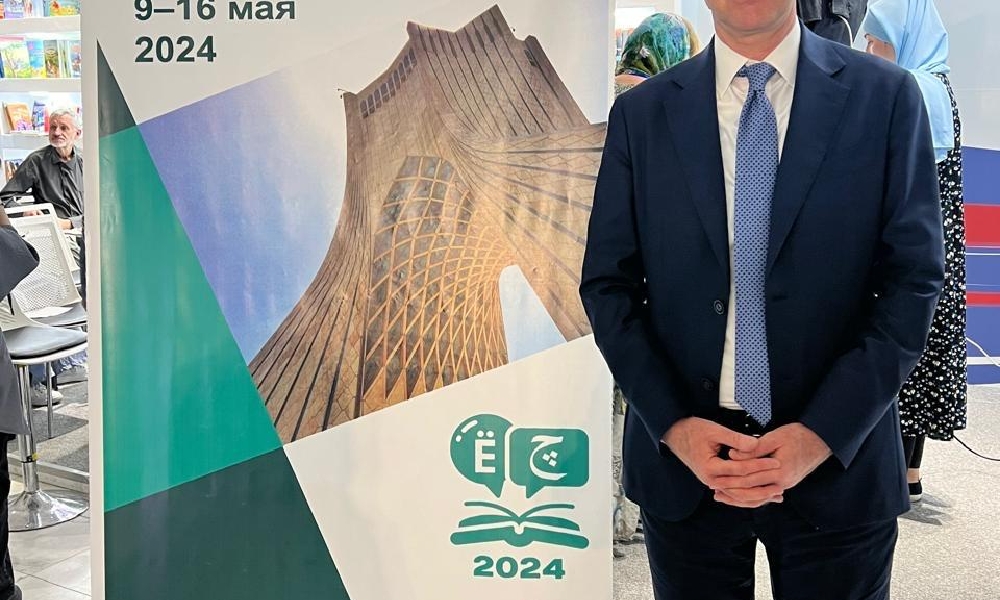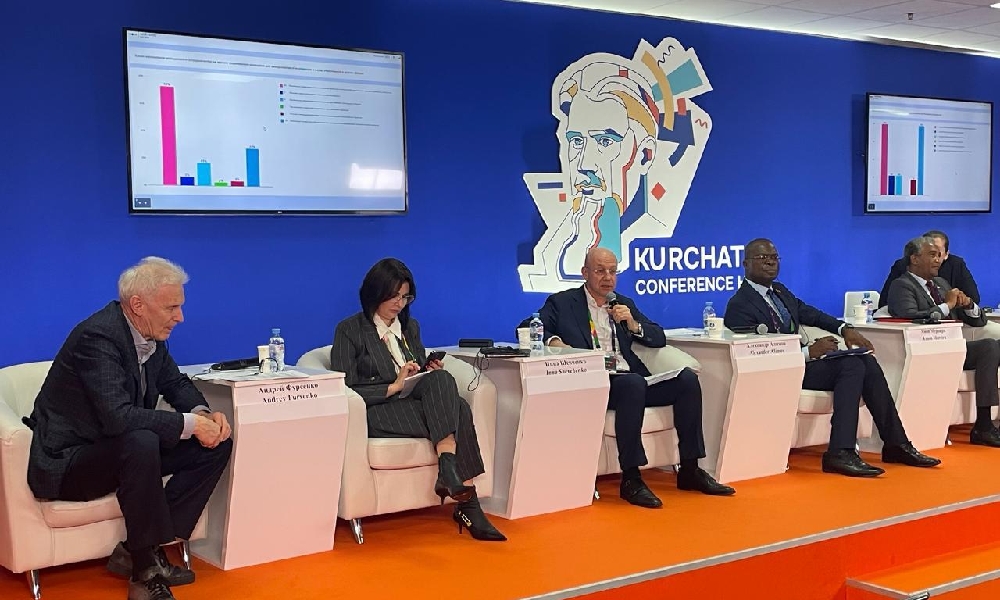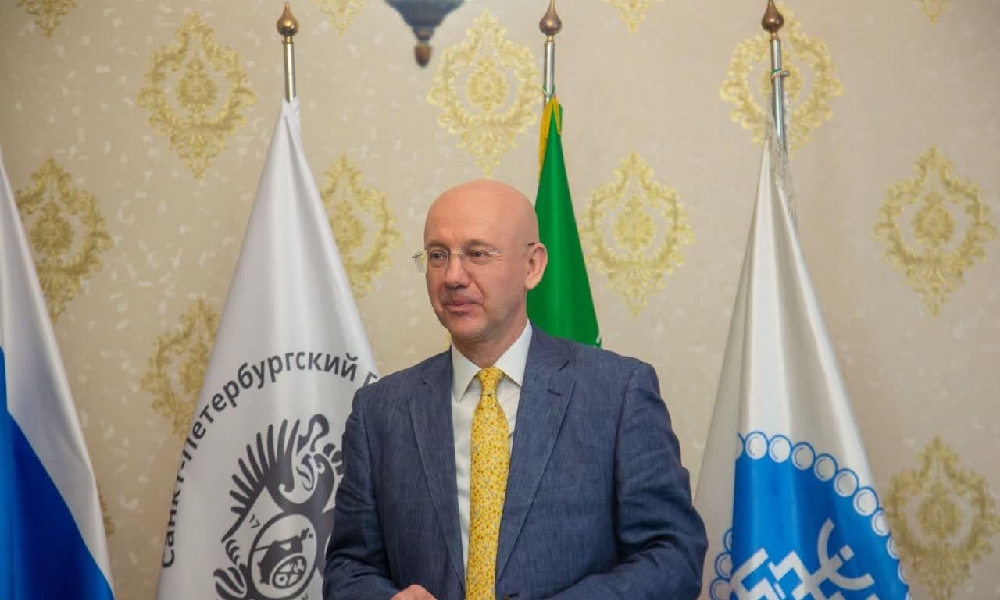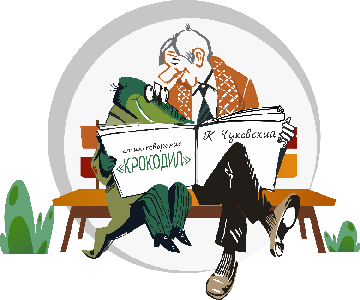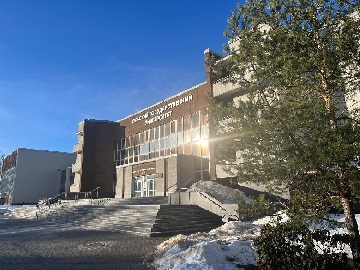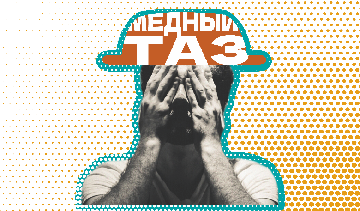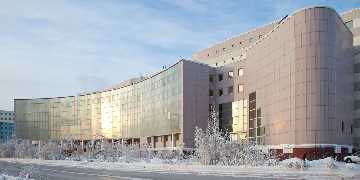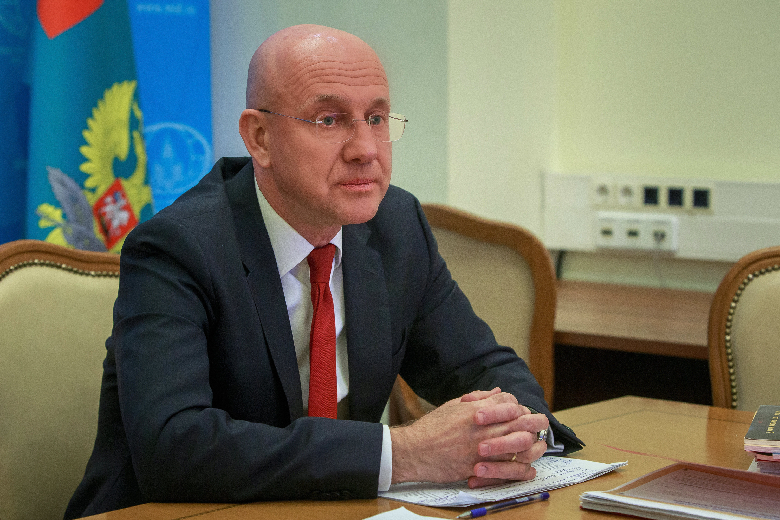
In the light of contemporary challenges and changes in the global education space, Russian education is becoming increasingly competitive and attractive to international students. The Ministry of Foreign Affairs of the Russian Federation plays a crucial role in establishing and strengthening international relations and in opening branches of Russian universities abroad and contributes to international student recruitment. Alexander Alimov, Director of the Department for Multilateral Humanitarian Cooperation and Cultural Relations of the Ministry of Foreign Affairs of the Russian Federation, talks about the efforts to promote Russian education.
What roles, authorities and functions are assigned today to the Ministry of Foreign Affairs of the Russian Federation in the field of humanitarian cooperation and, in particular, support for internationalization and export of Russian education?
As part of the Ministry’s activities, we place emphasis on educational cooperation with foreign countries as a significant factor for developing and strengthening multifaceted international relations, enhancing Russia’s authority, and forming an objective perception of Russia worldwide.
The Department for Multilateral Humanitarian Cooperation and Cultural Relations of the Ministry of Foreign Affairs of the Russian Federation (DMHCCR), that I am in charge of, was established in 2022. Within the scope of its competence, it participates in developing and operating the unified state policy of the Russian Federation aimed at developing multilateral and regional cooperation in culture, science, education, tourism, sport, and youth exchanges as well as at strengthening the position of the Russian language in the world. The DMHCCR also comprises the Secretariat of the Russian Federation Commission for UNESCO.
We focus our attention on systemic issues of developing Russian national (Slavic) universities, a network of branches of Russian educational institutions abroad, and network universities.
Our functions also include coordination of efforts to select foreign citizens and stateless persons living abroad to study at Russian educational institutions within the Russian Government quota (starting from 2023, it is 30,000 state-funded places). We are working on this issue in close coordination with Rossotrudnichestvo and the Ministry of Science and Higher Education of the Russian Federation.
We provide assistance to relevant agencies and organizations in implementing large-scale international projects and events and in promoting Russia’s achievements in science and education. We also provide expert support in setting regional and country priorities for international science and education cooperation and in establishing contacts with international partners.
The Decree of the President of Russia of May 7, 2024 specifies further export of Russian education as one of the national goals. The target number is at least 500,000 international students by 2030. It means that the international student body at Russian universities is supposed to nearly double within five years. This is rather a substantial change that will require effort from all education export participants. How can the Ministry of Foreign Affairs contribute to reaching this target? Are there any specific plans and initiatives on the mechanisms for achieving this target?
According to the Ministry of Science and Higher Education of the Russian Federation, the number of foreign citizens pursuing Bachelor’s and Master’s programs at Russian universities is approximately 355,000. They are mainly citizens of the CIS countries and the countries of the Middle East, Asia, and Africa. If we add students at foreign branches of Russian universities, this number is even greater. This is the maximum number of students in the history of international applicant recruitment in Russia. That is why, to be exact, it is not a question of doubling the number of foreigners.
Moreover, Russia is securing its status as one of the world’s top exporters of educational services. Our country ranks among the Top 10 countries by incoming academic mobility, despite its adversaries’ unfriendly policy aimed, in particular, at reducing our participation in competition in the global education market.
The fact that a considerable number of foreign citizens study in Russia on a commercial basis is also an important indicator of high-quality Russian education. It means that our educational system trains sought-after specialists, which ensures that demand for studying in Russia persists in the future.
Nevertheless, we must admit that the fulfillment of the Russian President’s assignment will require special effort from relevant agencies and educational institutions, in the first instance, with respect to dormitory accommodation for foreigners. The comfortable living and study environment is of no small importance. It is gratifying to see that the work on design and construction of new modern campuses at major educational centers has already begun.
There is a demand for advanced training for staff members at Russian universities, who work with international students, as well as for improvement of the system of advisory support and assistance for international students and their adaptation in Russia. This will make their stay in our country more comfortable and trouble-free, from a security perspective in particular.
In addition to the quota system, we could use grants as a new solution in this area that was never used before. Grant support for citizens of foreign countries, principally of non-CIS countries, can increase the attractiveness of studying at Russian educational institutions.
The grant covers travel, accommodation and health insurance costs and provides a scholarship at the minimum subsistence level.
Such support is provided by other countries that dominate the global market for educational services. This issue is also being addressed by the Ministry of Science and Higher Education of the Russian Federation, and I hope that this practice will be adopted in the foreseeable future.
It would be helpful to conduct large-scale information campaigns, in the format of education fairs and festivals in particular, with the involvement of interested Russian universities.
Competitiveness in the international job market is directly related to the recognition of Russian degrees abroad, and that is why it is very important to expand the list of countries with which Russia has bilateral agreements on cooperation in education.
What are the most effective formats to promote Russian education that the Russian Federation can use now when interacting with its partner countries?
We must take an integrated approach to promotion of Russian education, building a continuous learning path for students.
We are conscious that one of the determinants of choosing Russia as a university study destination is international applicants’ proficiency in the Russian language. It helps raise awareness of our country, form a loyal attitude to it, and complete the educational program more successfully. Our main goal is to expand the opportunities to study the Russian language abroad.
We must perform this task, starting with primary and general education, by building schools, sending teachers of the Russian language and other subjects to foreign general education institutions, equipping continuing education centers that teach in Russian, organizing familiarization tours to Russia for school students, etc. We must increase the number of opportunities to study the Russian language by providing offline language courses and online learning.
We can see benefits of opening the branches of Russian universities and their preparatory faculties abroad, such as expansion of a network of Russian national (Slavic) universities, implementation of distance learning modes, creation of double degree programs as part of network universities in the CIS countries, the Eurasian Economic Union, BRICS and SCO, and development of university horizontal ties, including academic exchange programs. In addition, it should be noted that our international partners are increasingly talking about the popularity of Russian secondary vocational education programs.
Could you tell us about our international partners’ most urgent needs to be met by Russian universities? In other words, what are their expectations of us? What formats or educational products do they need?
Our partners’ needs are contingent on the current needs of national economies and vary depending on the country’s living standard and the necessity of completing particular tasks in the region.
Such needs are communicated as part of meetings of relevant agencies’ representatives and sessions of intergovernmental commissions as well as on the sidelines of major international specialized events such as, for example, the International Forum of Ministers of Education “Shaping the Future” held in Russia to which we provide political, diplomatic and administrative support.
We can see a great interest in educational programs where our country has traditionally been strong. These are engineering and creative majors, medicine, power engineering as well as new fields such as information and communication technologies and high technologies. Besides, international applicants give preference to such fields of study as agriculture, economics, management, linguistics, philology, and law.
And the final question. As a Russian proverb says, “the East is a subtle matter.” What subtleties must Russian universities know and take into consideration now when Russia has started that major pivot to the East? What recommendations would you give?
To be clear, it is rather about shifting the focus towards the Global South countries while maintaining our country's openness in humanitarian cooperation with all constructive powers.
Russia has traditionally had a reputation for its first-class education in foreign regional studies. This subject is taught at MGIMO University of the Ministry of Foreign Affairs of the Russian Federation, the Institute for African Studies of the Russian Academy of Sciences, the Institute of Oriental Studies of the Russian Academy of Sciences, the Institute of Asian and African Studies of Lomonosov Moscow State University, the Faculty of Asian and African Studies of St. Petersburg University, and other reputable universities. Certainly, we cannot fail to mention the Peoples' Friendship University of Russia named after Patrice Lumumba that has been a flagship of working with international students since Soviet times. Definitely, their competencies and language skills will be helpful in building educational relationships and political and economic interactions with the Global South countries.
We intend to leverage this potential to establish mutually beneficial inter-university contacts. In its turn, this must give momentum to the development of new fields of study, arrangement of academic mobility programs and double degree programs with partners, and organization of study placements and joint projects. That is why highly qualified staff at university departments responsible for international cooperation and working with foreigners is so important. The painstaking work of these departments and their due attention to characteristics of international students’ mindset and religious and cultural differences between them will foster successful interaction with people from Eastern countries coming to study in Russia. Wherever international students come from, we should familiarize them with our rich centuries-old history and culture and organize their tours around Russia and visits to theaters, museums and exhibitions.
It is important to pay attention to their socialization and communication with their Russian peers and engage them in the activities of councils of fellow countrymen associations, youth organizations and scientific communities.
Moreover, the Global South countries show an increasing awareness of the fact that the destructive axiological component, coming into conflict with regional traditions and centuries-old morals, is integral to so-called Western education. In contrast, respect for the institution of family, authority of older people as well as consideration for traditional moral and spiritual values and their regional specific features are intrinsic to Russian education. For our part, we clarify what the increased educational dependency is fraught with. It can lead to forced economic and political concessions as well as to a partial loss of sovereignty. There are enough examples of this.
30.10.2024

